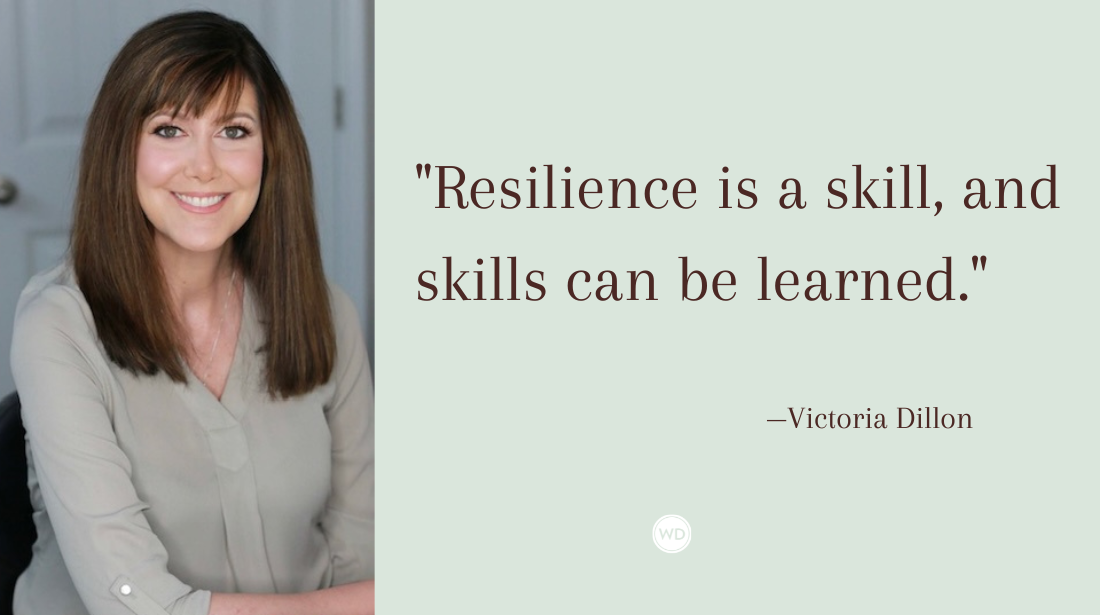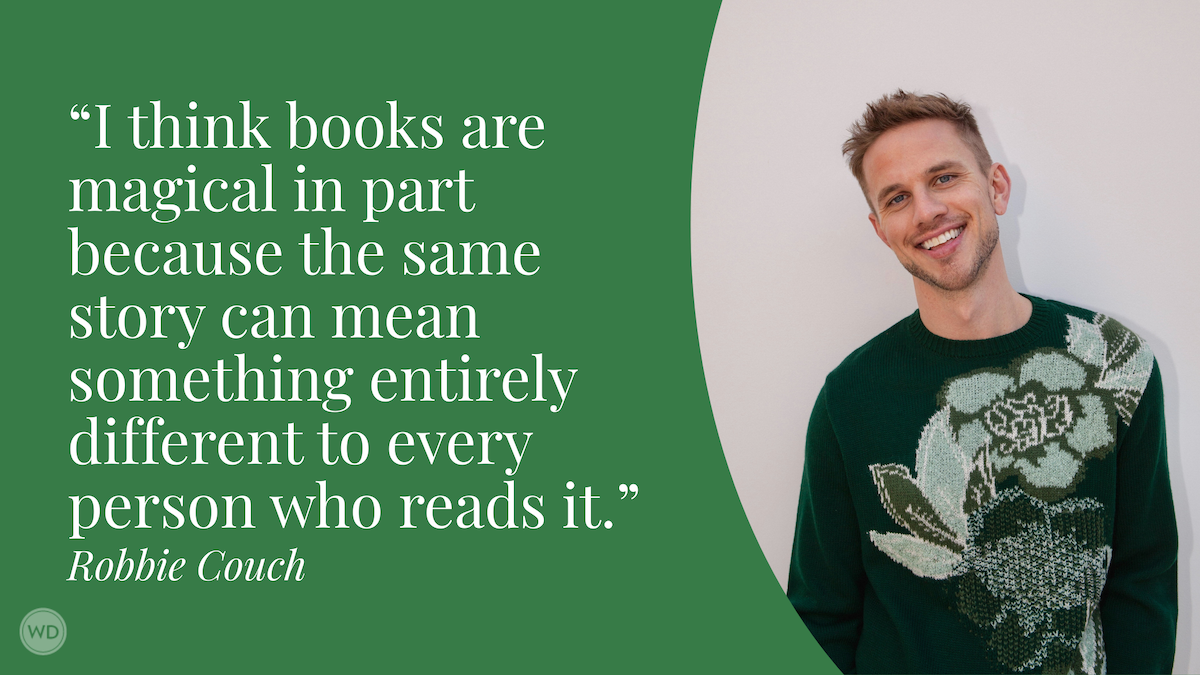4 Lessons Running Can Teach You About Writing
One writer’s new hobby of running has taught him four valuable lessons about writer’s block that have helped him—and he hopes helps you too.
I hate running. The only redeeming value I see in it is that I'm learning some lessons about writer's block that maybe will help someone. I hope.
But despite my disdain for running I've begun hitting the road in the morning with my neighbor, Kevin. (Yes, he's really my neighbor and his name really is Kevin. He's one of three Kevin's on our block. It's a cosmic anomaly, I know.).
And thanks to my newfound hobby, I've learned a few painful lessons that apply to the writer's life. Learn from my pain, dear friends, because something good has to come from my early mornings.
1. Muscles forget what they're for if you don't use them enough.
Creativity works like a muscle. The more you use it, the easier it becomes to tap. When you aren't writing a lot, things get rusty. And rusty = painful. I'm convinced that the majority of people suffering from "writer's block" really lack conditioning. All of the prolific writers I know scoff at the idea of writer's block. They don't have time for it, they say. They're too busy writing and keeping the flow happening. If they were to stop their muscles would forget, too. Conditioning is the hardest thing to attain, but once you have it things are a bit easier.
2. You've got to start the work of training.
So if you're struggling with block or having problems getting the ideas started, what do you do? Well, you start writing. Do it in short bursts. Make it a discipline. It’s that simple.
3. Realize, it's going to hurt for awhile.
Training is pain. It is a process of breaking down, re-building, and recovery. Then doing it over and over again. It takes time and for awhile it hurts. A lot. Expect it. If you prepare yourself mentally going into it that it'll be tough you'll do OK. Go in expecting a cake walk and you should probably find something else to do, like swimming or badminton. Those are fun and you don't get shin splints.
4. You'll get better, maybe. That depends on you.
This is what separates the dedicated folk from the ones who cancel their gym membership in mid-February. There is no 6-minute ab workout for writers or Thigh-Master 2000 for creativity. All that matters is good old-fashioned work. You've got to show up day after day, or in my case Monday, Wednesday, and Friday. Point is, your hard work will eventually pay off as long as you keep at it. But if you slack off, be prepared for the disappointment and frustration that come with it.
All right ... so there you have it. Now I've got to crash because my 6 a.m. run is only a few hours away. (I'll be a better person for it ... I'll be a better person for it ... I'll be ...)
Kevin Kaiser has helped authors and publishers reach over 20 million fans worldwide. His online community, 1KTrueFans, helps writers find their voice, build an audience from scratch and create for a living. Follow him @1KTrueFans.









